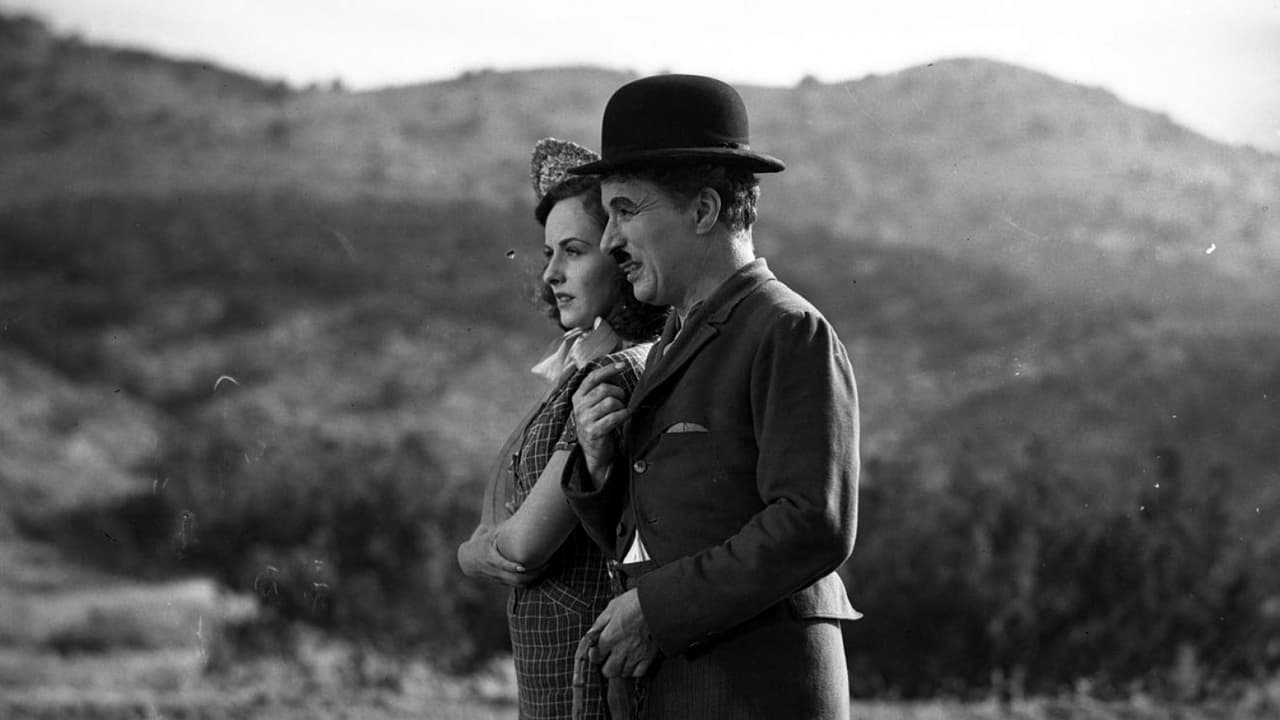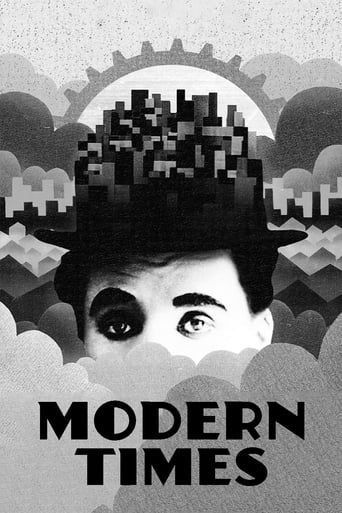

Admirable film.
... View MoreIt is both painfully honest and laugh-out-loud funny at the same time.
... View MoreEach character in this movie — down to the smallest one — is an individual rather than a type, prone to spontaneous changes of mood and sometimes amusing outbursts of pettiness or ill humor.
... View MoreGreat story, amazing characters, superb action, enthralling cinematography. Yes, this is something I am glad I spent money on.
... View MoreThis was really good!! I lke yhe structure of the movie, and the acters are sooo good!
... View MoreNice....................,..................,...............,.......
... View More81 years after this movie was produced i was honored to watch it and it was really worth it.A marvelous view about future of industrialization which (by the way) is our present day reality when machine takes the lead.But still humanity is in the struggle as always was for justice and in war against poverty and social crises.
... View MoreThis classic film is a masterpiece of the genius called Charlie Chaplin.A true piece of art with great acting and humor (as always ). Chaplin's vision was beyond his time and he clearly show us in his film how machines will turn humans to useless beings who can't even eat by themselves. In a scene, especially we see Chaplin inside a machine.That's something that I find pretty accurate with how we all are so addicted to smartphones etc . I totally recommend everyone to watch it .You will enjoy it
... View More